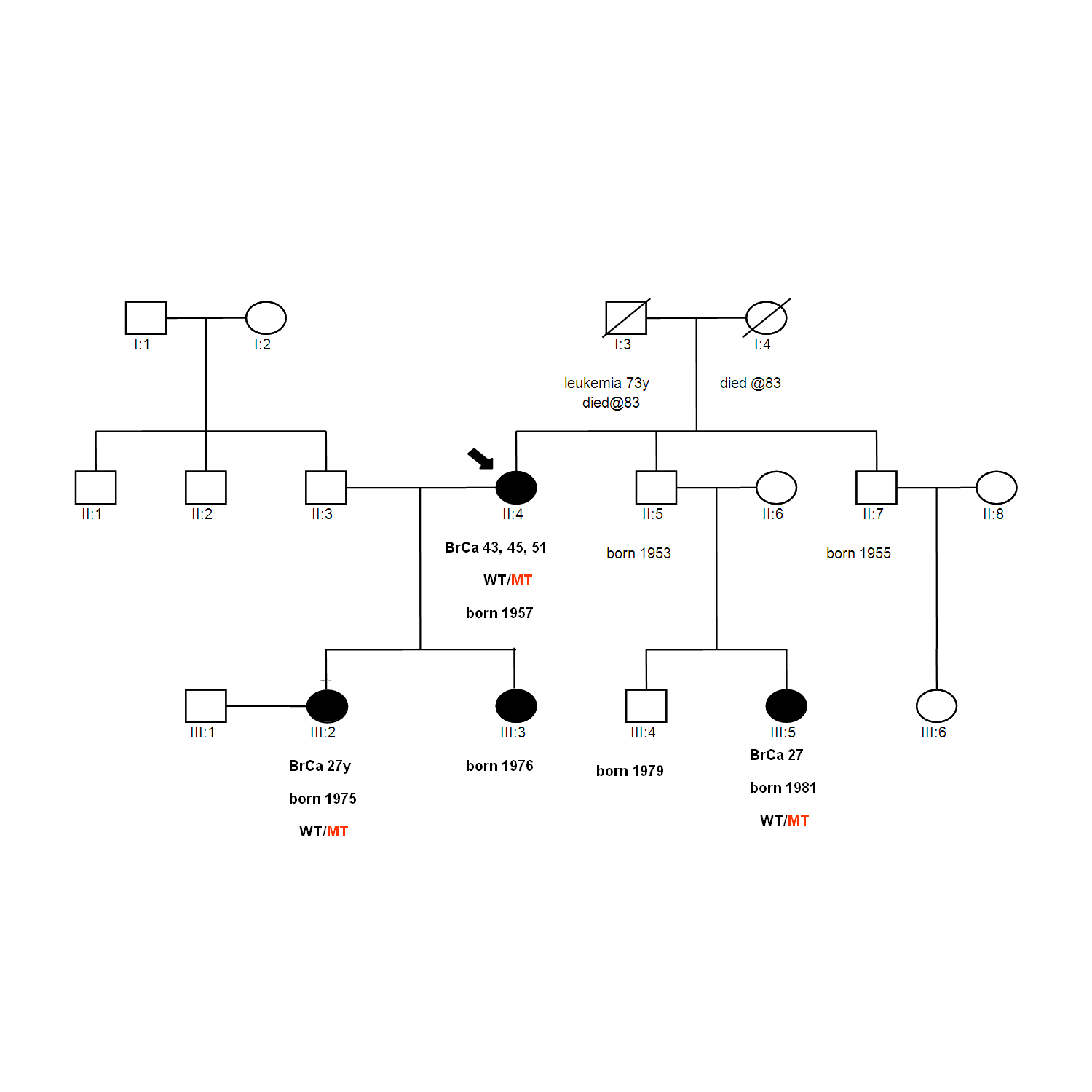Description
The Laboratory of Molecular Diagnostics (MDL) was established in 1997 and is active in research in the field of Human Genetics and especially in the study of hereditary cancer predisposition syndromes. All types of cancer that occur in families with a history of cancer at a young age but also in individual patients with a severe personal history of cancer are studied at both research and diagnostic level. This approach consists of studying the genetic material (DNA) of patients who have an individual or family history of different types of cancer through the analysis of specific genes associated with cancer predisposition.
MDL collaborates with the majority of oncology clinics in Greece and with leading international cancer research centers. To date, many founder mutations in the Greek population in the BRCA1 & BRCA2 genes but also in the PALB2, CHEK2, RAD51C, MSH2, MLH1, etc. genes have been characterized in MD, while the spectrum of mutations of many of the DNA repair genes in the Greek population has been characterized in details.
MDL has been running a massive parallel sequencing platform since 2014 that includes a MiSeq-Illumina genetic analyzer, a fragment analyzer (AATI) for quantifying DNA, RNA and genomic libraries for NGS analysis, and complete equipment and staff for Bioinformatics analysis.
MDL has the ability to simultaneously analyze multiple predisposition genes in a large number of patients. To date, the genetic material of more than 5,000 patients has been analyzed by massive parallel sequencing at the EMD or in collaboration with research centers abroad, which has led to the identification of new genes and alleles predisposed to different types of cancer.
MDL has created the largest genetic database in Greece and one of the largest in Europe which contains more than 20,000 samples from patients with breast, ovarian, colorectal, pancreatic, stomach and other cancers. All DNA samples are accompanied by appropriate clinical data and family history information in the form of family trees. More than 2,000 control samples useful for new gene characterization studies have also been collected.
MDL members participate in the following international consortia through which new cancer-related genes and genetic loci have been identified and studied.
- Consortium of Investigators of Modifiers of BRCA1 and BRCA2 – CIMBA
- Breast Cancer Association Consortium – BCAC
- Evidence-based Network for the Interpretation of Germline Mutant Alleles – ENIGMA
- Ovarian Cancer Association Consortium – OCAC
- PALB2 Interest Group
- Triple Negative Breast Cancer Consortium- TNBCC
In addition, MDL operates for more than 20 years a fully equipped laboratory of Molecular Biology – Genetics that includes sequence analysis according to Sanger (genetic analyzer ABI 3130XL), many state-of-the-art thermocyclers, Real-Time PCR, suitable devices for isolation, quantification and DNA and RNA analysis , electrophoresis devices, Nano-Drop photometer, Quantus Fluorometer and a large number of refrigerators for storing samples. The laboratory is also equipped with significant computing power and in-house server through which data storage and analysis is performed.
Following are some links with presentations of laboratory members
- Is it possible to cure cancer? – Dr Koulis Yannoukakos (in Greek)
- New therapies in cancer based on the genetic background of patients – Dr Koulis Yannoukakos (in Greek)
- Cancer Genetics – Dr Koulis Yannoukakos (in Greek)
- The importance of genetic testing for breast cancer in Greek – Dr Koulis Yannoukakos (in Greek)
- The CoViD-19 Pandemic and our lives – Dr Koulis Yannoukakos (in Greek)
- Hereditary Breast Cancer, Angelina Jolie, MEGA Channel – Dr Koulis Yannoukakos (in Greek)
- Heredity and Cancer – Unlocking the genetic predisposition to breast cancer – Dr Reena Konstantopoulou (in Greek)
- Homologous Recombination DNA Repair Deficiency – Dr Reena Konstantopoulou (in Greek)
- Genetic Testing in Ovarian Cancer – Dr Reena Konstantopoulou (in Greek)
- Genetic testing, when it is necessary – Dr Reena Konstantopoulou (in Greek)
- Homologous Recombination Deficiency, targeting personalized therapy in patients with ovarian cancer – Dr Florentia Fostira (in Greek)
- Reading the genes and studying hereditary cancer – Dr Florentia Fostira (in Greek)
- Ηeredity and Biomarkers genes – Dr Florentia Fostira (in Greek)
- Dr Florentia Fostira (in Greek)
- Genetic mutations in the Mediterranean: What are the therapeutic impacts – Dr Florentia Fostira (in Greek)
- Genes signatures – Dr Florentia Fostira (in Greek)
- The role of heredity in breast cancer prevention – Dr Florentia Fostira (in Greek)
Media Gallery of Human Molecular Genetics Laboratory
People
Services
Latest Grants
Proud to Collaborate with
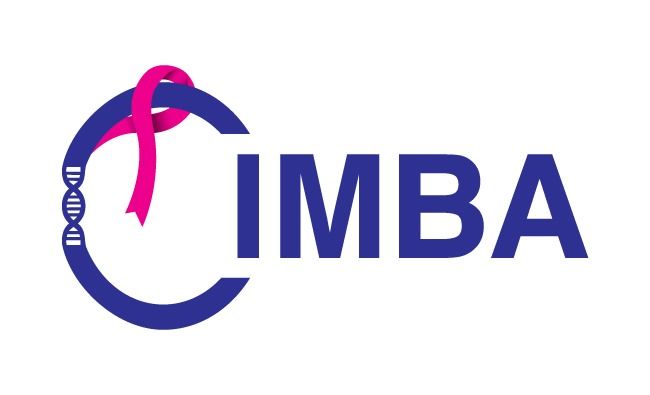
UK
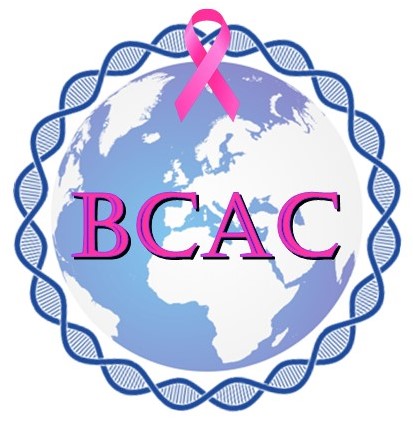
UK
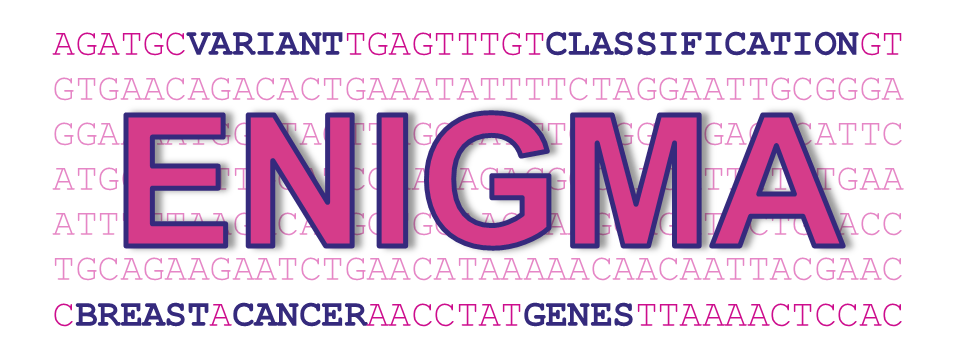
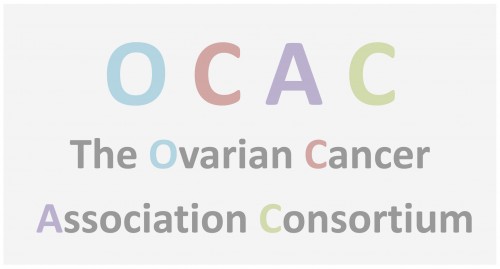
UK
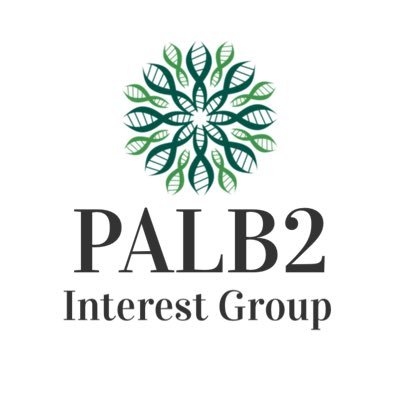

Greece
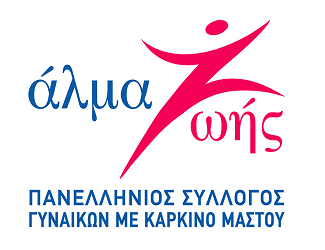
Greece
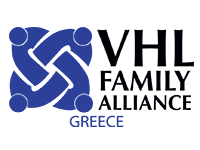
Greece
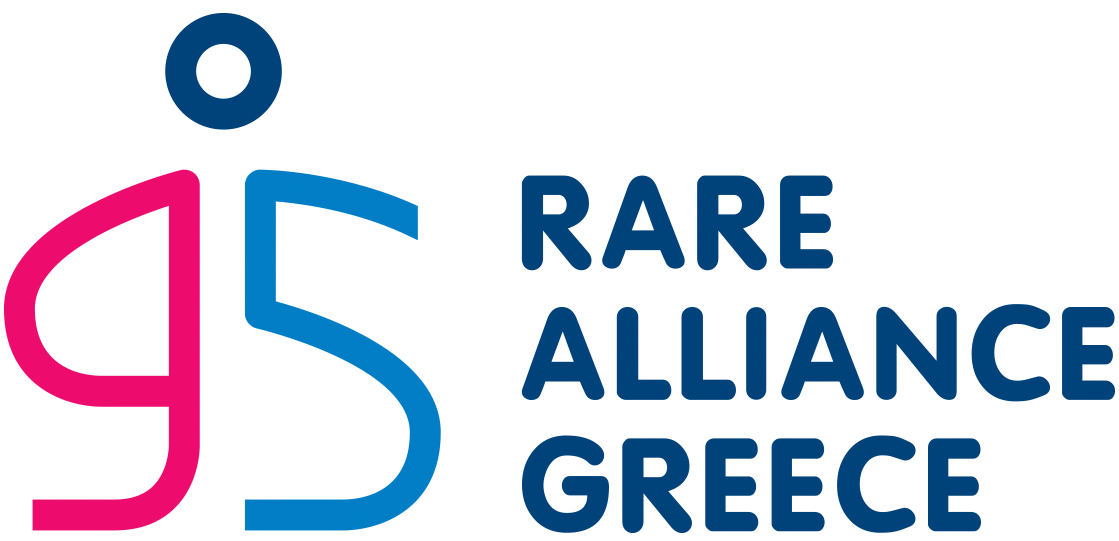
Greece
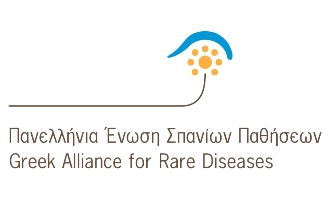
Greece
Greece
Greece
Greece
Greece
Greece
Greece
Greece
Greece
Greece
Greece
Greece
Greece
USA
USA
Canada
USA
Spain
UK
France
Poland
The Netherlands
USA


